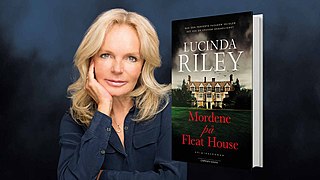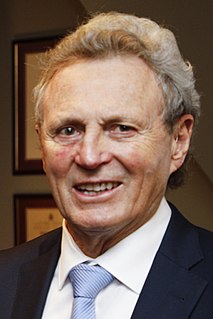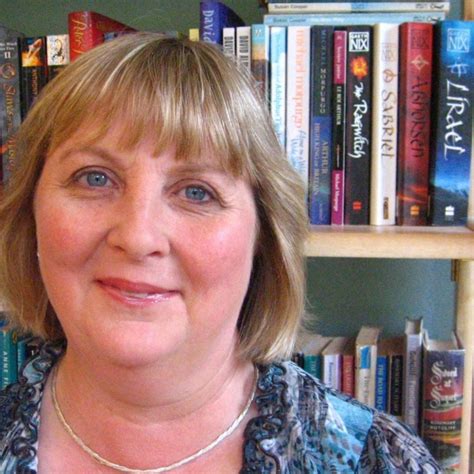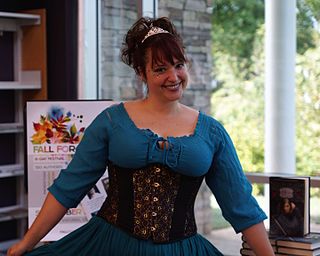A Quote by Lucinda Riley
I believe that our lives, just like fairy tales - the stories that have been written by us humans, through our own experiences of living - will always have a Hero and a Heroine, a Fairy Godmother and a Wicked Witch.
Related Quotes
Fairy tales have always been about getting through the worst of everything, the darkest and the deepest and the bloodiest of events. They are about surviving, and what you look like when you emerge from the trial. The reason we keep telling fairy tales over and over, that we need to keep telling them, is that the trials change. So the stories change too, and the heroines and villains and magical objects, to keep them true. Fairy tales are the closets where the world keeps its skeletons.
In this life you have to be your own hero. By that I mean you have to win whatever it is that matters to you by your own strength and in your own way. Like it or not, you are alone in a forest, just like all those fairy tales that begin with a hero who’s usually stupid but somehow brave, or who might be clever, but weak as a straw, and away he goes (don’t worry about the gender), cheered on by nobody, via the castles and the bears, and the old witch and the enchanted stream, and by and by (we hope) he’ll find the treasure.
I have been writing fairy tales for as long as I can remember. Not much has changed in terms of my natural attraction to the narrative techniques of fairy tales. My appreciation of them in the traditional stories has deepened, especially of flat and unadorned language, intuitive logic, abstraction, and everyday magic.
Kiran says (the shelf) is full of stories. If it is, then I like fairy stories. Fairy stories are fair. In them wishes are granted, words are enchanted, the honest and brave make it safely through to the last page and the baddies either have to give up their wickedness for ever and ever, no going back, or get ruthlessly written out of the story, which they hardly ever survive. Also in fairy stories there are hardly any of those half-good half-bad people that crop up so constantly in real life and are so difficult to believe in.
I grew up with Bible stories, which are like fairy tales, because my father was a minister. We heard verses and prayers every day. I liked the gorier Bible stories. I did have a book of Chinese fairy tales. All the people except the elders looked like Italians. But we were not a family that had fiction books.
For most of human history, 'literature,' both fiction and poetry, has been narrated, not written — heard, not read. So fairy tales, folk tales, stories from the oral tradition, are all of them the most vital connection we have with the imaginations of the ordinary men and women whose labor created our world.
[Fairy tales] are like a journey to the woods and the many ways you can get lost. Some people say it's not a good idea to read fairy tales to anyone under the age of eight because they are brutal and raw. When I was a kid I often felt that kids's books were speaking down to me, but I never felt that way about fairy tales. They are bloody and scary, but so is life.
Though now we think of fairy tales as stories intended for very young children, this is a relatively modern idea. In the oral tradition, magical stories were enjoyed by listeners young and old alike, while literary fairy tales (including most of the tales that are best known today) were published primarily for adult readers until the 19th century.

































